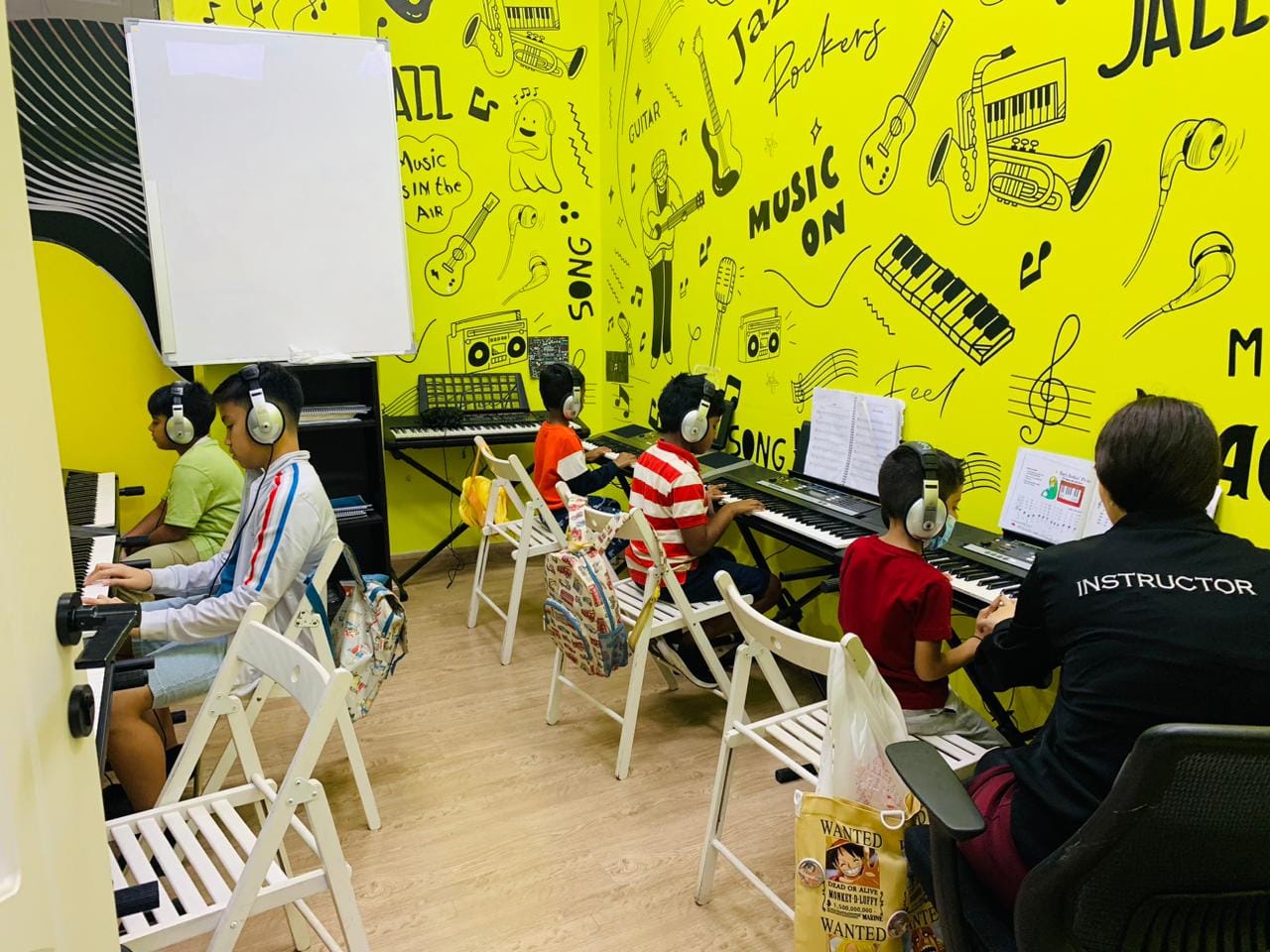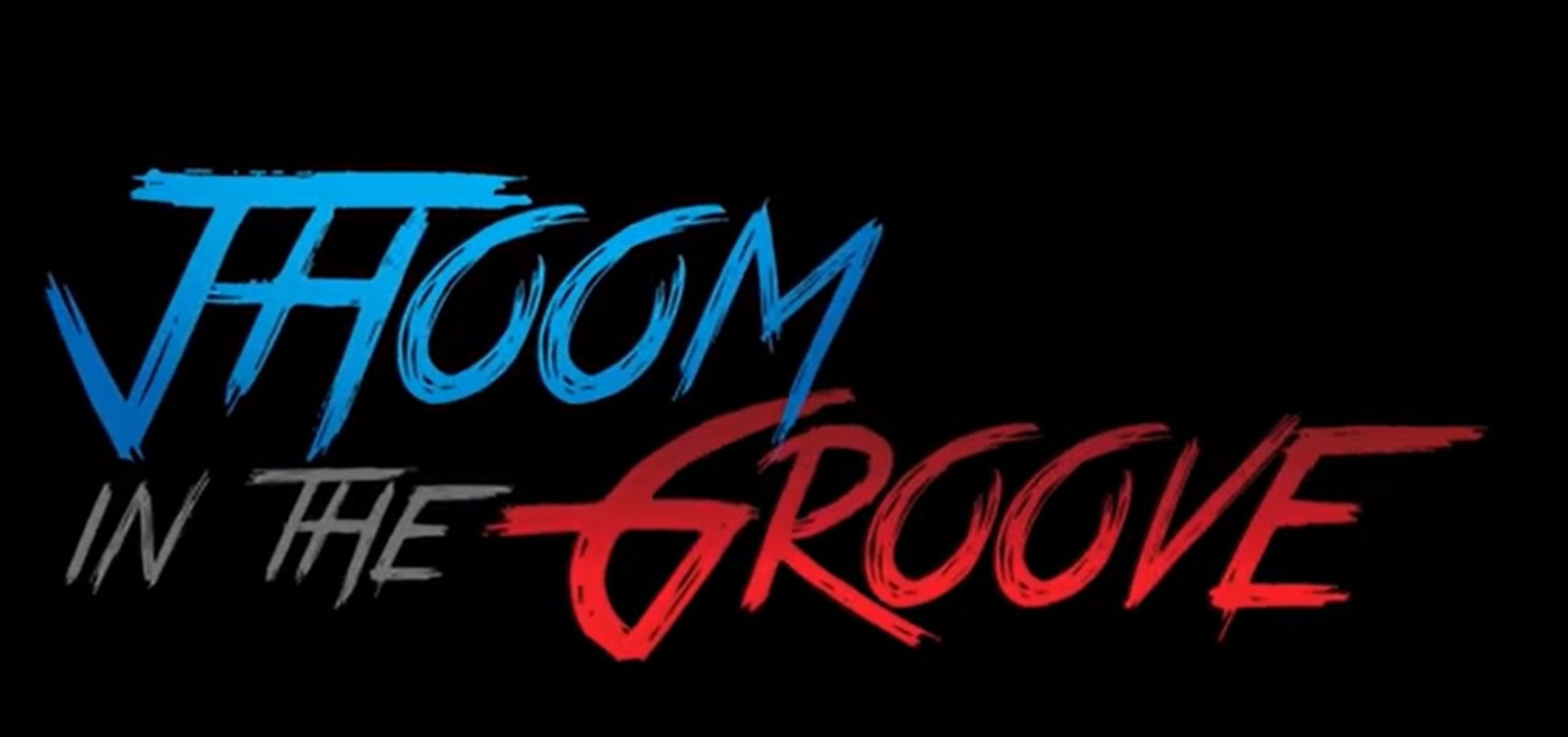The piano is one of the most difficult instruments to teach as it requires a lot of finger movement and hand-eye coordination. Learning each key is also complicated, let alone combining them to create entire songs and melodies.
Therefore, piano lessons for children are not just a task. This includes coordinating and improving your child's ability to focus on keeping the pace while hitting the song. For better education, here are some techniques to remember. Take short breaks in between to relax your mind, when to take a break and when to start piano lessons for your kids are important. A break brings a calm state of mind and allows the brain to focus on the learning process. Excited, bored, apathetic people are prone to making mistakes.
However, letting your brain loose too much can distract you from the lesson at hand and sap your momentum. In other words, you need to strike a balance between resting and resuming exercise. It is enough for him to play for 15 minutes. Every hour to maintain a steady flow of learning. Be patient with students, especially beginners. We all know that piano lessons for kids can be stressful, but remember that some students don't thrive when they're under pressure. Not applicable to people, learners can often achieve better results with positive reinforcement. Learning piano can be as difficult as teaching, so empathize with your students and build a better personal connection with them. Tell students to relax and work their body.
One of the great things about playing the piano is that once you get the tempo to play, you can feel the music and let your body take over. This is just one of the benefits of piano lessons for children. However, you can have your students close their eyes and just feel the music flowing through their bodies. Develop a strong connection with the piano so that you can play from the heart. Not only will it become smoother, but it will make playing the piano a more enjoyable experience, seeing it as leisure rather than extra work.
Various exercises outside of the actual lecture to improve accuracy Focus and finger exercises are great for training and warming up your child before piano lessons. It may not seem like it, but playing video games can actually help improve hand-eye coordination. It also helps you predict the next key to press when playing the piano


